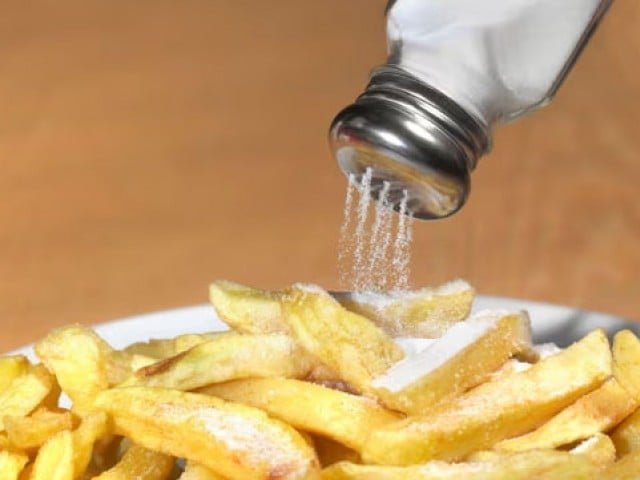Low intake of salt in food can reduce the risks of stroke | Health News
Low intake of salt in food can reduce the risks of stroke | Health News
A study found that not adding salt to the diet can reduce the risk of cardiovascular problems and stroke by 20 percent.
Past research has determined that adding salt to the diet increases the risk of cardiovascular disease and premature death. But recent research has shown how much of a difference reducing or eliminating salt from your diet can make to your health.
In the study, researchers found that people who never added salt to their food were 18 percent less likely to develop atrial fibrillation (a heart problem).
Low intake of salt in food can reduce the risks of stroke | Health News

In this condition, the heartbeat becomes irregular and abnormally fast, resulting in dizziness, shortness of breath and fatigue. People with this condition are five times more likely to have a stroke.
Lead author of the study, Dr Yoon Jung Park, from Kyungpuk National University in South Korea, said the study found a link between lower dietary salt intake and lower risk of atrial fibrillation.
The findings of the study were presented at the annual meeting of the European Society of Cardiology in Amsterdam last week.
The study examined data obtained from the UK Biobank. The data included 500,000 British citizens aged 40 to 70 between 2006 and 2010.
Data were excluded from subjects who had a history of atrial fibrillation, coronary artery disease, heart failure or stroke at the start of the study.
In order to sort out the data, they were asked how often these individuals added salt to their food. These options included never or sometimes, sometimes and always.
The researchers then followed these individuals over 11 years to see how the habit affected them.
The study found that people who always added salt to their food were 18 percent less likely to develop atrial fibrillation than those who never added salt, while the rate was 18 percent lower among those who added salt occasionally.